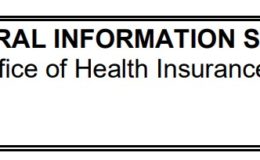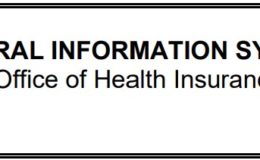Great News, On January 7, 2016 New York Moves Forwarded InProtecting Patients Upon Discharge.
By David R. Okrent, Cpa, Esq.
On January 7, 2016 New York enacted new laws titled the “CAREGIVER ADVISE, RECORD AND ENABLE ACT” also know as the “Care Act.” This Act requires a hospital to allow a patient an opportunity to designate, upon entry to a hospital, a caregiver in the patient’s medical record.
The hospital is then required to notify and meet with the designated caregiver 24 hours prior to discharge, to discuss the patient’s plan of care prior to the patient’s discharge or transfer to another facility. The hospital is also required to instruct the designated caregiver in certain after-care tasks upon a patient’s discharge to his or her current residence
The Legislature stated that at any given time a large number of caregivers provide varying degrees of un-reimbursed care to adults with limitations in daily activities. Caregivers are often members of the individual’s immediate family as well as friends and other community members.
While most caregivers are asked to assist an individual with basic activities of daily living, such as mobility, eating, and dressing, many are expected to perform complex tasks on a daily basis such as administering multiple medications, providing wound care, and operating medical equipment.
Despite the vast importance of caregivers in the individual’s day-to-day care, many caregivers find that they are often left out of discussions involving a patient’s care while in the hospital and, upon the patient’s discharge, receive little to no instruction on the tasks they are expected to perform. The federal Centers for Medicare & Medicaid Services (CMS) estimates that $17 billion in Medicare funds is spent each year on unnecessary hospital readmissions. Additionally, hospitals desire to avoid the imposition of new readmission penalties under the federal Patient Protection and Affordable Care Act (ACA).
In order to successfully address the challenges of a surging population of older adults and others who have significant needs for long-term services and supports, the state enacted these laws to enable caregivers to continue to support their loved ones at home and in the community, and avoid costly hospital readmissions.






